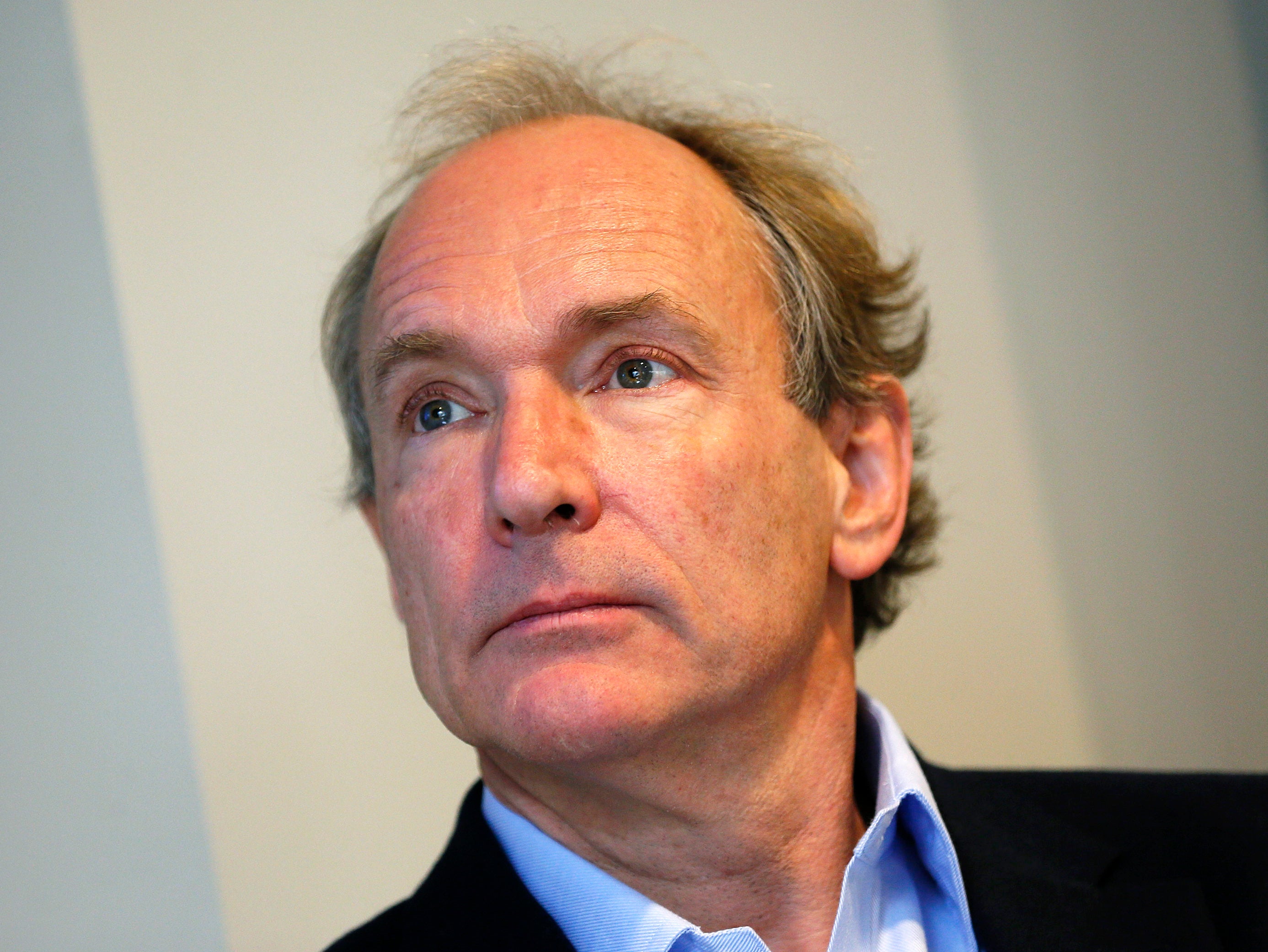
Inventor of the World Wide Web Sir Tim Berners-Lee has pointed to the spread of “fake news” as one of three challenges stopping his creation from being “a tool which serves all of humanity”.
The exchange of personal data for free content and a lack of transparency around political advertising were also highlighted as areas of concern for the computer scientist (pictured).
In an open letter on the 28th anniversary of his original proposal for the World Wide Web, Berners-Lee set out a five-year plan to tackle these three “complex problems”.
On the spread of “fake news”, Berners-Lee said: “Today, most people find news and information on the web through just a handful of social media sites and search engines.
“These sites make more money when we click on the links they show us. And, they choose what to show us based on algorithms which learn from our personal data that they are constantly harvesting.
“The net result is that these sites show us content they think we’ll click on – meaning that misinformation, or ‘fake news’, which is surprising, shocking, or designed to appeal to our biases can spread like wildfire.
“And through the use of data science and armies of bots, those with bad intentions can game the system to spread misinformation for financial or political gain.”
He also warned that governments were “increasingly watching our every move online and passing extreme laws that trample on our rights to privacy” by collaborating with or coercing those companies collecting personal data in exchange for access to content.
“Even in countries where we believe governments have citizens’ best interests at heart, watching everyone, all the time is simply going too far,” he said.
“It creates a chilling effect on free speech and stops the web from being used as a space to explore important topics, like sensitive health issues, sexuality or religion.”
On political adverts he said these were sometimes being used “in unethical ways – to point voters to fake news sites, for instance, or to keep others away from the polls”.
Berners-Lee, who invented the web in 1989 and now works to protect it, said that while “the solutions will not be simple”, a “few broad paths to progress are already clear”.
He said the Web Foundation, of which he is the founding director, was working on a five-year strategy to come up with policy solutions and “drive progress” to tackle these issues.
Among them, Berners-Lee emphasised working with web companies to “strike a balance” that puts data control back in the hands of the public.
He added: “We must fight against government over-reach in surveillance laws, including through the courts if necessary.
“We must push back against misinformation by encouraging gatekeepers such as Google and Facebook to continue their efforts to combat the problem, while avoiding the creation of any central bodies to decide what is “true” or not.
“We need more algorithmic transparency to understand how important decisions that affect our lives are being made, and perhaps a set of common principles to be followed.
“We urgently need to close the ‘internet blind spot’ in the regulation of political campaigning.”
Picture: Reuters
Email pged@pressgazette.co.uk to point out mistakes, provide story tips or send in a letter for publication on our "Letters Page" blog
